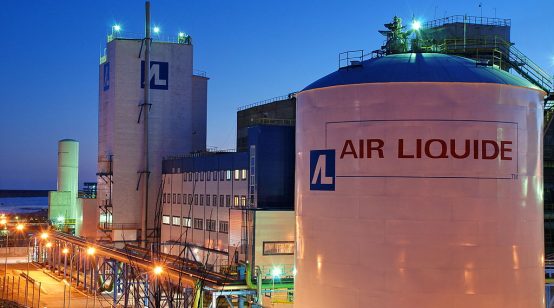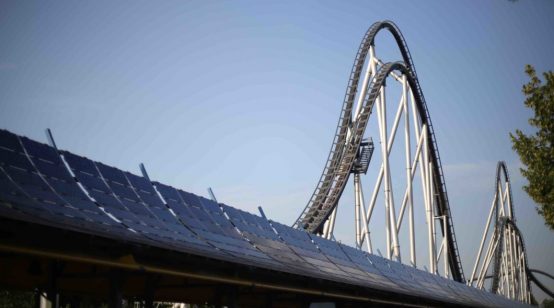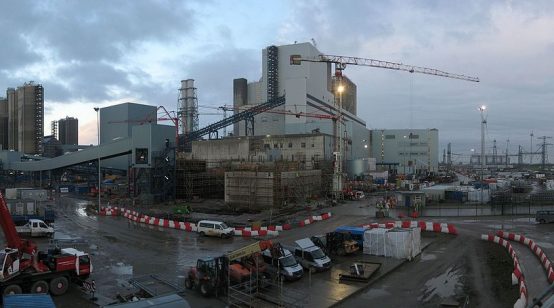German Tesla buyers can again apply for subsidies after the authorities ended a dispute over whether the manufacturers’ Model S was too expensive to qualify for the government incentives.
An independent assessment proved that a base version of the Model S (pictured) was available for less than the €60,000 baseline and the cars were therefore deemed eligible, announced the German Federal Office for Economic Affairs and Export Controls (Bafa).
In 2016 Germany launched the €1-billion incentive scheme, and financed by German car manufacturers, to boost electric car use. But it included a baseline to exclude luxury models.
Bafa reportedly took Tesla off the list in December, saying customers could not order the Model S base version without extra features that pushed the vehicle above the price limit.
“The manufacturer proved with an independent assessment that a base version of the Model S is available on the market for less than €60,000,” Die Welt quoted Bafa saying this week.
It said, however, that the agency was reviewing previously approved applications for subsidies as it was unclear whether Tesla had previously stuck with the price limit.
The agency said it was reviewing previously approved applications for subsidies which could mean that buyers may be asked to repay incentives they have already received.
Bafa said it received around 1,275 applications for Tesla incentives although it did not say how many of those subsidies were approved before the agency removed Tesla from its list in December.
Under the Bafa scheme, buyers get €4,000 off their all-electric purchases and €3,000 off plug-in hybrid cars.
Meanwhile, Tesla shares were battered this week by a US federal probe into a fatal crash involving one of its cars and a Moody’s downgrade.
Tesla shares fell 9 per cent on Wednesday before ending down 7.7 per cent at US$258. On Tuesday, Tesla fell 8.2 per cent to its lowest close in almost a year after the US National Transport Safety Board opened a probe into a fatal crash and vehicle fire in California on March 23.
On Wednesday, a second federal regulator, the National Highway Transport Safety Administration, said it was sending a team to investigate the crash.
Moody’s Investors Service downgraded Tesla’s credit rating to B3 from B2, blaming “the significant shortfall in the production rate of the company’s Model 3 electric vehicle”.
It reported that “liquidity pressures due to its large negative free cash flow and the pending maturities of convertible bonds”.
Moody’s said the outlook “reflects the likelihood that Tesla will have to undertake a large, near-term capital raise in order to refund maturing obligations and avoid a liquidity shortfall”.
A Tesla Model S in Germany. Picture credit: Wikimedia





